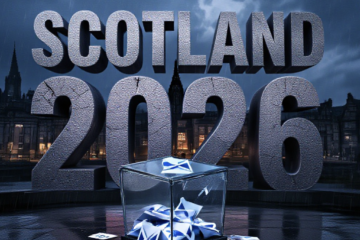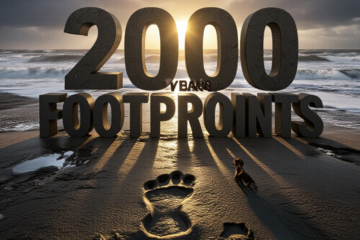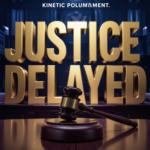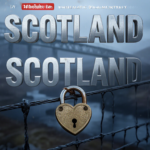The United States State Department has praised Scotland for dropping charges against 75-year-old grandmother Rose Docherty, arrested for holding a sign offering peaceful talks near a Glasgow hospital. This move highlights growing concerns over free speech under Scotland’s new buffer zone law, enacted in 2024 to protect abortion access.
Background on the Arrest and Charges
Rose Docherty, a Glasgow resident and pro-life advocate, faced arrest in February 2025 while standing quietly outside the Queen Elizabeth University Hospital. Her sign read, “Coercion is a crime, here to talk, only if you want,” aimed at offering support to those feeling pressured.
Authorities charged her under the Safe Access Zones Act, which bans actions that could influence or harass people near abortion facilities within 200 meters. Docherty insisted her presence was peaceful and consensual, sparking debates on whether the law overreaches into personal freedoms.
Supporters argued the arrest showed how the legislation might criminalize harmless expressions. The case drew international attention, with critics pointing to similar laws in other countries facing legal challenges.

Scotland’s Decision to Drop the Case
On August 14, 2025, Scottish prosecutors announced they would take no further action against Docherty. They withdrew a formal warning and agreed to return her sign, marking a key win for free speech advocates.
This reversal came after months of legal pressure and public outcry. Docherty refused to accept the warning, which would have required her to admit fault and avoid similar actions. Her defense team, backed by groups like ADF International, prepared to challenge the charges in court.
The decision aligns with recent trends in the UK, where buffer zone laws have faced scrutiny. For instance, England’s similar legislation, passed in 2023, has led to ongoing debates about enforcement and human rights.
Here is a timeline of key events in the case:
| Date | Event |
|---|---|
| February 2025 | Docherty arrested for holding sign in buffer zone |
| March 2025 | Formal warning issued; international media coverage begins |
| August 14, 2025 | Prosecutors drop case and withdraw warning |
| August 18, 2025 | US State Department issues supportive statement |
US State Department’s Response
The US State Department welcomed the outcome in a statement on August 18, 2025, calling it a “sensible decision” that upholds free speech and religious liberty. A spokesperson emphasized America’s commitment to these values globally.
This response reflects broader US involvement in international free speech issues. In recent years, the US has criticized restrictive laws in places like Canada and Australia, where similar buffer zones exist. The statement adds to diplomatic discussions between the US and UK on human rights.
Advocates see this as encouragement for other nations. Lois McLatchie Miller from ADF International noted that global support strengthens local efforts to protect expression rights.
Implications for Free Speech and Buffer Zone Laws
The case raises questions about balancing abortion access with individual rights. Scotland’s law, introduced by Green Party MSP Gillian Mackay, aimed to prevent harassment but has faced criticism for potential overreach.
For example, Mackay admitted in a 2025 BBC interview that even private prayer visible from a buffer zone could be illegal. This has fueled concerns among religious groups and free speech organizations.
Similar debates occur worldwide:
- In England, buffer zones were enforced starting in 2024, leading to arrests and legal reviews.
- Australia has had national buffer zones since 2018, with mixed court rulings on their scope.
- In the US, Supreme Court decisions like Hill v. Colorado in 2000 have shaped buffer zone regulations, often favoring restrictions but with free speech safeguards.
Experts predict more challenges to Scotland’s law, especially as public opinion shifts toward protecting consensual conversations.
Reactions from Advocates and the Public
Docherty expressed relief, stating the victory affirms kindness in society. She plans to continue her advocacy, focusing on supporting women without fear of prosecution.
Public sentiment, gathered from social media and polls, shows division. A 2025 YouGov survey found 55 percent of Scots support buffer zones, but 40 percent worry about free speech limits. Pro-life groups hail the drop as a precedent, while pro-choice advocates argue stronger enforcement is needed.
International figures, including US politicians, have voiced support, linking it to global fights against censorship.
What This Means for Future Cases
This outcome could influence how buffer zones are applied. Legal experts suggest prosecutors may now hesitate on cases involving peaceful actions, pushing for clearer guidelines.
For individuals like Docherty, it underscores the power of standing firm. As similar laws spread, this case serves as a model for defending rights through legal and public channels.
Share your thoughts on buffer zone laws and free speech in the comments below. If this story resonates, pass it along to spark discussion among friends and family.


















